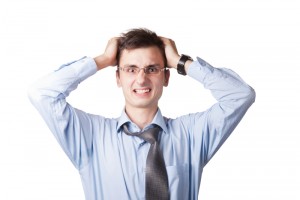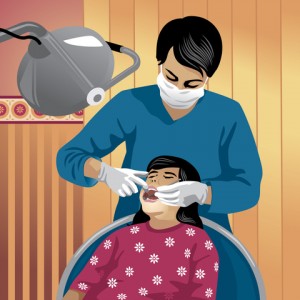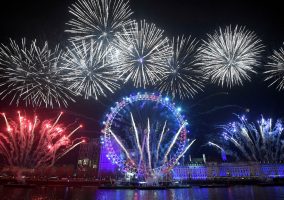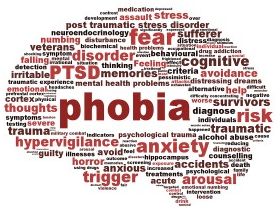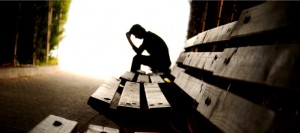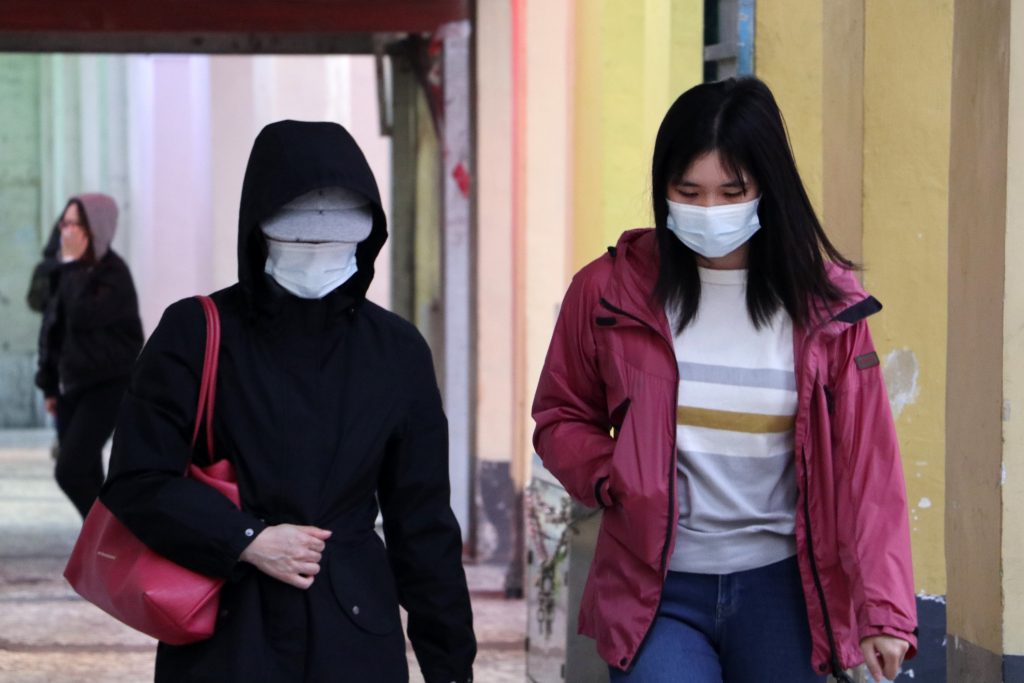
Since the coronavirus pandemic life has never been the same and the recent law regarding facemasks has prompted bouts of claustrophobia and maskaphobia. It looks as though it could be another few months before we can put our facemasks to one side and many people are growing concerned.
Why are facemasks causing such concern?
While many people have a genuine fear of face coverings there is no doubt that the shadow of the coronavirus is not helping anxiety levels. Prior to the coronavirus pandemic those with issues such as claustrophobia were generally more in control. This was because their anxiety levels were much reduced when there was no coronavirus to be concerned about. Whether we like it or not, there is growing concern about a second wave, catching the virus and perhaps more importantly passing it onto friends and family members. Some of whom may be in the “at risk” category.
While there is another phobia called maskaphobia, a fear of masks, which we will come onto later in this article, the majority of people expressing concern over facemasks appear to be suffering from claustrophobia.
What is claustrophobia?
Claustrophobia is simply a fear of confined spaces which may involve something such as a lift, a car or even a relatively small room. Unfortunately, this type of phobia can literally take over your life with many people unable to take MRI scans in hospital because of the claustrophobic nature of the machine. There are many symptoms of claustrophobia which include:-
• Trembling
• Sweating
• Dizziness
• Feeling faint
• Heart palpitations
• Difficulty breathing
• Butterflies in stomach
• Disorientated
• Confused
• Dry mouth
• Choking sensation
• Hot flushes
There are few phobias which prompt as many symptoms as claustrophobia which for many people is a genuine fear. We have seen journalists suggesting they are unable go out of their home because they need to wear facemasks as it causes a very strong reaction from their body. Hyperventilation seems to be one of the main problems for those suffering from the compulsory wearing of facemasks.
Social isolation
When a facemask prompts any degree of hyperventilation and panic it is not surprising that people do not want to leave their home. In some of the more extreme cases medical assistance may well be required to bring back a degree of control to what is an extremely concerning situation. Unfortunately, while many people were struggling mentally and physically during the main lockdown period there were hopes that our freedoms would be returned much quicker. As it is, many people are expecting the compulsory wearing of facemasks to be extended to all areas of life and it could last for many months to come. As a consequence, sufferers of claustrophobia will be forced back into their shells unable and unwilling to mix with the general public because they quite literally can’t wear facemasks.
Facemask exemptions
The subject of facemask exemptions is a tricky one because as soon as somebody sees you without a facemask their immediate thought is that you are breaking the law. While many people are exempt from wearing facemasks, because of asthma and other medical conditions, this continues to cause great friction. We have already seen fights breaking out, aggressive arguments and confusion among staff in supermarkets and other shops. People tend to make up their mind before even approaching the person to see if they have a medical condition.
What is maskaphobia?
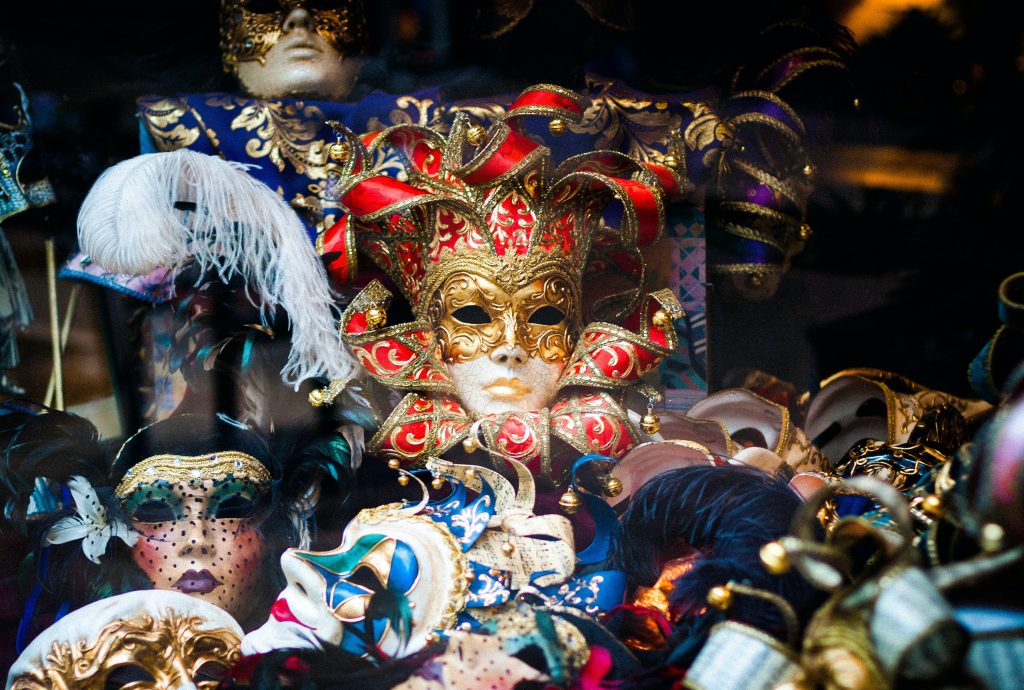 As the term suggests, maskaphobia is a fear of masks and face coverings. It is debatable as to whether there was a link with the facemasks we are wearing as a consequence of the coronavirus pandemic but it is a real phobia as well.
As the term suggests, maskaphobia is a fear of masks and face coverings. It is debatable as to whether there was a link with the facemasks we are wearing as a consequence of the coronavirus pandemic but it is a real phobia as well.
What causes maskaphobia?
Opinion is divided as to what actually causes maskaphobia but one thing we do know is that it is linked to our expectations of how fellow humans should look. Some people believe there are strong links with automatonophobia which is a fear of humanoid figures. This is where it can start to get very confusing, when different phobias are thrown into the mix and it makes it difficult for those suffering from specific phobias to actually understand their real concerns.
Some of the recognised causes of maskaphobia include:-
• Distortion of an individual’s look
• Strange features
• No moving mouth
• Sound appears to come from nowhere
• Can influence a person’s behaviour
Historically masks have been very prominent in society in areas such as:-
• Religion
• Music
• Art
• Rituals
Many people feel different when they wear a mask, it can give them a greater freedom, they can be somebody else for a while and sometimes it can prompt antisocial behaviour. As a society we also associate various types of tasks with illegal/criminal activity such as violence, rioting and worse. They are often seen as a sign of aggression.
Symptoms of maskaphobia
Some of the more common symptoms of maskaphobia include:-
• Sweating
• Genuine fear
• Shaking
• Heart palpitations
• Crying
As humans we grow up expecting a specific look of individuals with obvious variations in skin colour, hair colour, features but basic similarities. Maskaphobia is not the only phobia which is linked with differing appearances and it is interesting how when we see something different this can prompt our fight or flight response.
Reducing the impact of facemasks
As we touched on above, it looks as though we will be wearing facemasks in the UK and around the world for many months to come – as we continue to combat the coronavirus pandemic. Those who suffer from claustrophobia or any other medical symptom should investigate a potential legal exemption from wearing masks in public. In the event that this is not possible or the individual is not comfortable looking different, then you should wear them as little as possible. For example, there is no point wearing a facemask in your car, at home or even outside in the fresh air.
Conclusion
There is no doubt that the wearing of facemasks has added an additional level of concern for those who may suffer from anxiety, claustrophobia, maskaphobia and other phobias/medical conditions. It is very easy to lose control, become more anxious and then we get into a vicious circle where the pressure builds and builds and builds. So, if you can find a way to relax yourself before visiting the supermarket where you have to wear a facemask this will help. If not, it is probably worth investigating an exemption on medical grounds.

